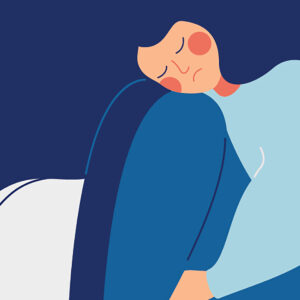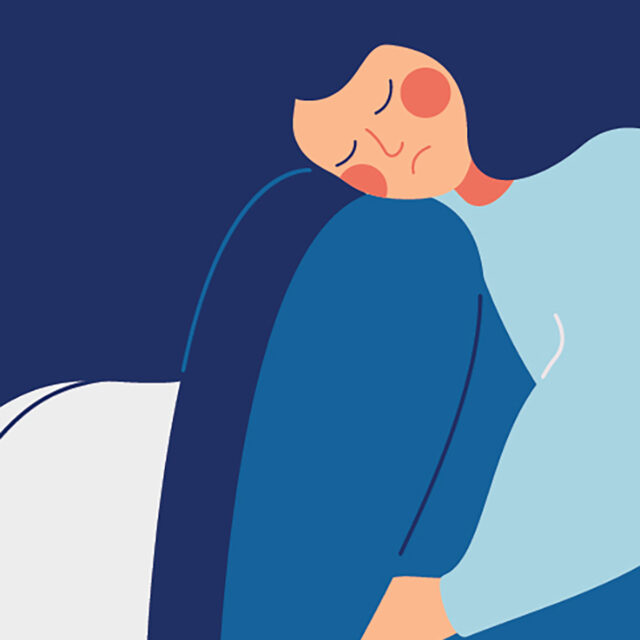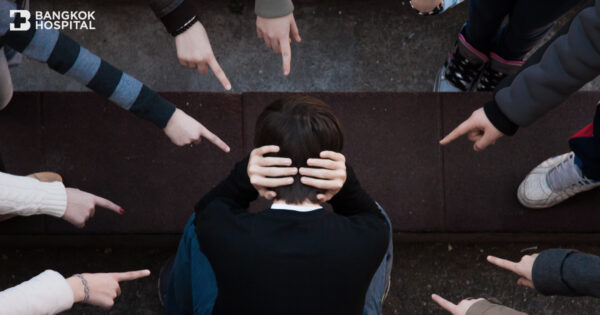When people think of the top causes of death in the world they will often think of heart disease, cancer, or death as a result of accident. However a major cause of death is suicide, which usually results from depression.
Depression is a mood disorder which causes a persistent feeling of sadness and loss of interest. It is a mental illness that occurs as a result of abnormalities within the brain, which in turn affects emotions, behavior, and health. People mistakenly think that depression will go away after a while, on its’ own; the reality is that to successfully deal with depression, treatment will usually require psychological therapy.
“Depression has an adverse effect on the individual and family members,friends and colleagues. If you suspect someone close to you of having depression it is recommended you seek consultation from specialists, in order to help them receive the best treatment”
Types of Depression
-
Major Depression: Displays boredom, resignation, sadness for more than 2 weeks
Triggers: Major emotional/psychological trauma such as a major loss,disappointment, accumulation of stress. Major life changes, personal relationship conflicts.
-
Chronic Depression: Usually less severe than the first case, but lasts at least 2 years and sometimes more than 5 years
Triggers: long-term stress and sadness. It is manageable; however the patient may not experience joy for several years and display clear signs of depression.
-
Bipolar Disorder: The patient shows alternating signs of depression and mania. This may occur a few times throughout the year and it can have a serious effect on decision-making.
Symptoms of Depression
-
Loss of interest in daily activities, does not find joy in anything that may had previously been appealing. Feelings of worthlessness, sadness,hopelessness, random urges to cry, suicidal thoughts.
Warning! Seek medical attention if you have had 5 or more of the following symptoms for more than 2 weeks
-
Oversleeping, insomnia, irritability upon waking
-
Drastic weight gain or weight loss
-
Feeling agitation, easily angered, annoyed, and slower at doing things
-
Weariness, lack of energy, feeling of lethargy
-
Loss of self-confidence
-
Thoughts about death and/or self-harm
-
Lack of concentration to the point where decision making is impossible,memory impairment
-
Loss of sexual drive
To Reduce Stress Right Now:
-
Exercise
-
Listen to music
-
Take a massage
-
Laugh it off
-
Take a walk
-
Hug someone
-
Play with a pet






